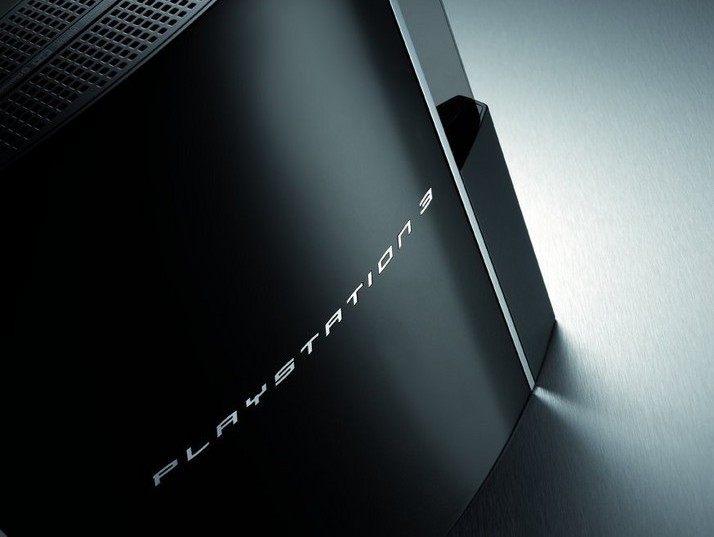How long before PS3 & Xbox 360 cost $199?
The price cut roadmap for Microsoft and Sony's console war

The head honcho of a major games publisher says that the prices of the Xbox 360 and PlayStation 3 must fall to $199 (£96.50) before the consoles will have mass market appeal. Recent sales figures might disagree slightly with that, but there's no denying that cheaper hardware would increase sales even more dramatically.
"The Wii at its price point is now setting a standard and an expectation and people say, well, the Wii is less complex technically. I don't think that really matters as much to the consumer," Activision executive Bobby Kotick told the Reuters Media Summit. "In the next 24 months they will all need to be at that $199 price point, and you can imagine Nintendo will be down to the $129 [£62.50] price point over the next few years," he said.
The $199 console goal
So how long before Microsoft and Sony can start churning out consoles at vastly reduced prices? Well one thing's for sure, Microsoft is a lot closer to hitting that price point than Sony is right now.
The cheapest Xbox 360 model, the Arcade, can be bought for around £189 in the UK, while the 40GB PS3 costs £279. There are some fundamental reasons why this is, the main one being that the PS3 is certainly a far more complete console than the Xbox 360 Arcade.
For a start, it's got an internal hard disc and a Blu-ray optical drive, neither of which can be found in the Xbox but both of which combine to keep PS3 production prices high. When the PS3 first launched last year, those two components alone made up over 20 per cent of the £420 it cost Sony to produce each console.
PS3 component prices
It paid Seagate $54 (£27) for each 60GB hard drive and Sony manufactured its own Blu-ray drives at a cost of $125 (£63) a pop. At that time, the manufacturing costs for the 60GB PS3 model amounted to $840 (£420) while the retail price in the US was $600 (£300), meaning Sony took a $240 (£120) hit for every console sold.
In comparison, iSuppli said that before marketing and advertising, Microsoft pretty much broke even on its hardware sales, leaving it free to make a big profit on software and the Xbox Live service.
Get daily insight, inspiration and deals in your inbox
Sign up for breaking news, reviews, opinion, top tech deals, and more.
Since then, Sony has reduced the cost of the hard drives used by reducing capacity in most cases to 40GB. And as the market advances, Blu-ray drives are also coming down in price quickly. When the PS3 launched, the cheapest standalone BD player cost around £1,000. Today, the Sony BDP-S300 costs £279 on Amazon UK.
45nm Cell processor
Another major component inside the PS3 is the Cell processor, manufactured by IBM. The current PS3s use 90nm Cell processing cores, just like the Xbox. These are expensive to manufacture and inefficient to run. So it's an absolute given that 65nm and 45nm Cell processors are on Sony's PS3 roadmap. This new hardware would bring Sony's costs down substantially, which in turn would lead to cheaper retail prices.
The same is true of the Xbox 360. At some point in 2008, certainly by this time next year, Microsoft will ship all its consoles with 65nm cores which will make its own production costs cheaper because you can get more cores from a single layer of silicon.
At launch, the total cost of motherboard components for the PS3 was $500 (£250) and that included the graphics chip as well as the Bluetooth module and USB support. This will inevitably reduce over time. And as production costs get cheaper, so will retail prices. More consoles sold means more games sold. That means more profit for Sony and Microsoft which means they can subsidise hardware even more. Sales go up again and the cycle continues.
Whatever happens in the next 12 months, it wouldn't be much of a surprise if Christmas 2008 saw PS3 consoles on sale for $199/£199.
James was part of the TechRadar editorial team for eight years up until 2015 and now works in a senior position for TR's parent company Future. An experienced Content Director with a demonstrated history of working in the media production industry. Skilled in Search Engine Optimization (SEO), E-commerce Optimization, Journalism, Digital Marketing, and Social Media. James can do it all.
